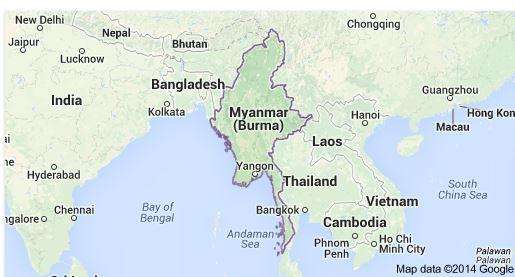AMSTERDAM/NEW YORK, FEBRUARY 28, 2014 – Médecins Sans Frontières Holland (MSF) has been ordered by the Union Government of Myanmar to cease all activities in the country. MSF is deeply shocked by this unilateral decision and extremely concerned about the fate of tens of thousands of patients currently under MSF's care across the country.
Today, for the first time in MSF’s history of operations in the country, HIV/AIDS clinics in Rakhine, Shan and Kachin states, as well as Yangon division, were closed and patients were unable to receive the treatment they needed. Tuberculosis patients were unable to receive their lifesaving medicine, including drug-resistant tuberculosis patients.
This decision by the Union Government will have a devastating impact on the 30,000 HIV/AIDS patients and more than 3,000 tuberculosis patients MSF is currently treating in Myanmar.
In Rakhine state, MSF was unable to provide primary health care to the tens of thousands of vulnerable people in camps displaced by the ongoing humanitarian crisis or in isolated villages. This includes facilitating lifesaving referrals for patients that require emergency secondary hospital care to Ministry of Health facilities, as well as family planning and care for pregnant women and newborn babies.
There is no other medical nongovernmental organization that operates at the scale of MSF with the experience and infrastructure to deliver necessary lifesaving medical services.
In MSF's 22 years of presence in Myanmar, MSF has proven that it delivers health care to people based solely on need, irrespective of race, religion, gender, HIV status or political affiliation.
Since 2004, MSF has treated more than 1,240,000 malaria patients in Rakhine state alone, where the disease is particularly endemic. Like HIV/AIDS and tuberculosis, malaria knows no ethnic boundaries.
MSF’s actions are guided by medical ethics and the principles of neutrality and impartiality. MSF is in discussions with the Government of Myanmar to allow MSF staff to resume lifesaving medical activities across the country and continue to address the unmet heath needs of its people.




